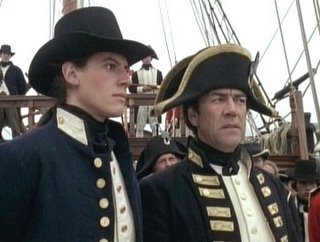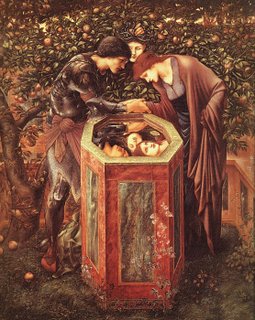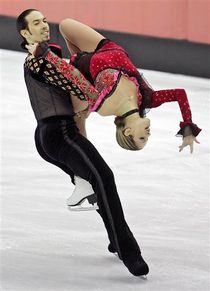
I’m glad I’m not the only one who’s been rushing to finish reading her Rita books! There’s definitely a difference between reading a 400-page novel and reading fifty pages of manuscript (as one does for the Golden Heart Contest, which is what I’ve judged in years past.) 🙂
So here are my random opinions on judging today:
JUDGES SHOULD, when reading an unpublished writer’s manuscript, just read it the way they would read any published piece of fiction. When reading a bought novel, one doesn’t stop on page 2 to analyze the goals, motivations, and conflicts, so don’t do it now! At least not on the first read-through.
JUDGES SHOULD NOT become too rule-bound. Nor should they let their tastes or prejudices overwhelm their judgment.
I THINK THERE IS A DIFFERENCE between serious historical errors and minor ones, and I think a judge should take this into account. Certainly, every historical author and every judge will have his or her own opinions on which errors are egregious, which serious, and which unimportant….and here are a few opinions of mine. (By the way, in the interest of discretion, I will point out that none of the following refers to any books I am currently judging!) 🙂
ERRORS THAT BOTHER ME LITTLE OR NOT AT ALL:
1. If a character uses a word in 1810 that has its earliest OED cite as 1830, that doesn’t bother me. (Words were often spoken long before they were written.) An exception, of course, is a word like “mesmerize” which has a clear and sudden origin (a friend of mine once saw that word used in an Elizabethan-set novel…)
2. If characters are not always wearing their gloves and hats when they ought, that rarely bothers me. (I have seen experts almost come to blows over when and if ladies removed their hats when paying calls, so I know the subject has its murky areas!)
3. If an Almack’s patroness is referred to as a Patroness in a year she wasn’t, or if Wellington  is called a duke back before he was a duke, or if characters use candles when they should use oil lamps, that doesn’t bother me at all.
is called a duke back before he was a duke, or if characters use candles when they should use oil lamps, that doesn’t bother me at all.
4. If Almack’s is having balls every day of the week.
ERRORS THAT DO BOTHER ME, AT LEAST SOMEWHAT:
— basic card game errors (such as piquet being written as a four-person card game, or a character who’s so good at faro that he beats every else); cards are very easy to research, so I think every writer who uses them should know the basics of any games to which she or he refers
— basic carriage errors bother me, though not hugely: i.e. I think the writer should know whether a carriage was owner-driven or coachman-driven, whether it was open, and approximately how many it could seat
— Mistaking a major inland city for a seaside town
— Regency gentlemen wearing “pants”
— Regency misses who have clearly read 21st century sex manuals
ERRORS THAT BOTHER ME A GREAT DEAL:
— when Sir John Doe is occasionally referred to as Sir John but much more often as Sir Doe
— knighthoods being inherited titles
— Regency gentlemen driving buggies through London
— heroes who run away to sea at age eighteen and buy a commission in the navy
So which errors bother you? Which errors don’t bother you?
And which of the above errors do you think I should start caring more or less about??? 🙂
All opinions welcome!
Cara (off to read!!!)




